Top 10 Data Warehouse Solutions for Singapore Businesses in 2025
In today’s data-driven economy, choosing the right data warehouse solution is critical for any business looking to scale, optimize operations, and make smarter decisions. With increasing data complexity and cloud adoption, especially in digital-first markets like Singapore, modern data warehouse solutions have become indispensable.
This guide explores the 10 best data warehouse solutions in 2025, with a focus on cloud, enterprise, and cost-effective options tailored for Singaporean businesses.
Table of Contents
- What Are Data Warehouse Solutions?
- Why Singapore Businesses Need a Data Warehouse Solution
- Types of Data Warehouse Solutions
- Key Features of an Effective Data Warehouse Solution
- Top 10 Data Warehouse Solutions for Singapore Businesses in 2025
- How to Choose the Right Data Warehouse Solution
- Common Data Warehouse Problems & Solutions
- Why Choose Kaopiz for Data Warehouse Implementation
- Conclusion
- FAQs
What Are Data Warehouse Solutions?
Data warehouse solutions are centralized systems designed to collect, store, and analyze large volumes of structured data from multiple sources, such as CRMs, ERPs, POS systems, and third-party platforms. Unlike traditional databases built for daily operations, data warehouses are optimized for reporting, business intelligence (BI), and advanced analytics.

At their core, these solutions consolidate historical and real-time data into a single source of truth, enabling businesses to perform complex queries, generate insights, and make data-driven decisions efficiently./p>
Modern data warehouse examples and solutions typically offer:
- High-performance query engines for fast data retrieval
- Scalable architecture to handle growing datasets
- Cloud deployment options for flexibility and cost efficiency
- Integration capabilities with tools like Power BI, Tableau, or Looker
- Security and compliance features to protect sensitive business data
Why Singapore Businesses Need a Data Warehouse Solution
As Singapore accelerates its digital transformation under initiatives like Smart Nation and Industry 4.0, businesses are generating and collecting more data than ever before. However, without a structured way to manage and analyze that data, valuable insights often remain untapped.
This is where data warehouse solutions become essential. Key reasons why data warehouses are crucial for Singaporean businesses in 2025:
- Unify Disparate Data Sources: Singapore businesses often use multiple systems—CRM, ERP, POS, eCommerce, IoT. A data warehouse centralizes them into a single, reliable source of truth.
- Real-Time Decision-Making: In fast-moving industries like finance and retail, real-time insights are essential. Cloud data warehouses enable instant data access and live dashboards.
- Power AI and Analytics: Clean, structured data is the foundation for AI, predictive analytics, and automation—key areas in Singapore’s digital roadmap.
- Ensure Compliance and Security: With PDPA and other regulations, secure data storage and access control are must-haves. Enterprise data warehouses offer built-in compliance features.
- Boost Operational Efficiency: Data warehouses reduce manual reporting, improve accuracy, and speed up analytics, saving time and costs across departments.
Types of Data Warehouse Solutions
Modern businesses have diverse needs when it comes to storing and analyzing data. Fortunately, there are various types of data warehouse solutions designed to meet different goals—whether it’s scalability, performance, compliance, or cost control. Below are the four main types of businesses you can consider in 2025.
| Type | Description | Best For |
|---|---|---|
| Cloud Data Warehouse Solutions | Hosted on platforms like AWS, Azure, or Google Cloud. Offers flexibility, scalability, and pay-as-you-go pricing with low maintenance and fast setup. | Businesses seeking agility, real-time analytics, and reduced infrastructure overhead. |
| Enterprise Data Warehouse Solutions | Built for large organizations with complex data ecosystems. Includes robust security, system integration, and compliance support. | Enterprises requiring high performance, customization, and strict regulatory compliance. |
| Hybrid and On-Premises Models | Combine cloud flexibility with on-premises control. Ideal for organizations needing data residency and custom infrastructure. | Businesses in regulated industries like finance and healthcare. |
| Cost-Effective Solutions for SMEs | Lightweight cloud or open-source platforms that offer core features with lower complexity and cost. | SMEs looking for scalable, affordable business intelligence capabilities. |
Key Features of an Effective Data Warehouse Solution
A successful data warehouse solution goes beyond just storing information—it must deliver performance, scalability, and actionable insights. Whether you’re building a warehouse for a fast-growing startup or a complex enterprise environment, here are the key features to look for:
- High-Speed Query Performance: The system should support fast data retrieval across large volumes, using techniques like columnar storage, in-memory processing, and query optimization.
- Scalability and Flexibility: As your business grows, so does your data. An effective solution should scale both vertically (performance) and horizontally (storage) without requiring a complete redesign or infrastructure overhaul.
- Seamless Integration Capabilities: A data warehouse must integrate with your existing systems and analytics tools like Power BI, Tableau, and Looker. Support for APIs, ETL/ELT processes, and real-time streaming data is crucial.
- Data Consistency and Accuracy: A reliable warehouse ensures clean, deduplicated, and synchronized data, enabling consistent reporting and accurate insights across departments.
- Strong Security and Compliance: With increasing data regulations, built-in features such as data encryption, role-based access control, and audit trails are essential to protect sensitive data and ensure compliance.
- Support for Advanced Analytics and AI: Modern data warehouses should support machine learning workloads, predictive modeling, and AI-driven insights by integrating with platforms like Azure ML, Amazon SageMaker, or Google Vertex AI.
- User-Friendly Administration and Monitoring: An intuitive interface for data engineers, analysts, and admins helps manage schemas, monitor performance, and troubleshoot issues without deep technical knowledge.
Top 10 Data Warehouse Solutions for Singapore Businesses in 2025
With dozens of options on the market, choosing the right data warehouse solution can be overwhelming. To help you navigate, we’ve compiled a list of the top 10 platforms trusted by Singapore businesses in 2025, ranked for performance, scalability, integration, and value.
Snowflake
Snowflake is a cloud-native data warehouse solution known for its scalability, performance, and multi-cloud architecture. Built on AWS, Azure, and Google Cloud, it allows businesses to store and analyze large volumes of structured and semi-structured data with ease. Snowflake separates compute and storage, enabling instant scalability and cost optimization based on usage.
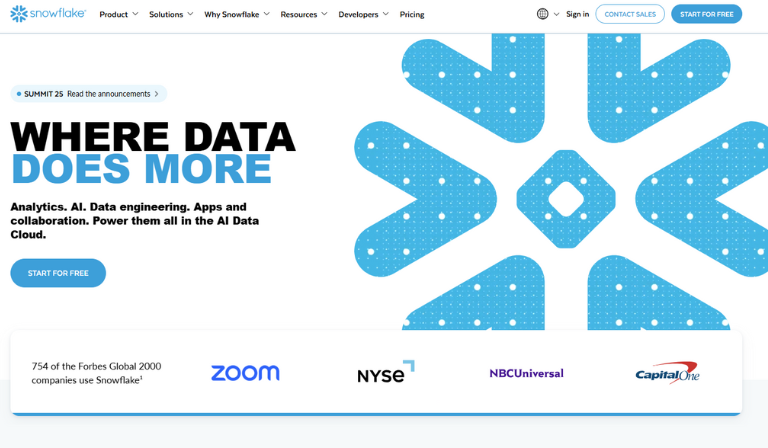
Its zero-maintenance architecture, support for real-time data sharing, and built-in security features make it a popular choice for businesses in Singapore looking for agility and speed in analytics.
Key strengths:
- Multi-cloud support (AWS, Azure, GCP)
- Pay-per-use pricing model
- High concurrency with automatic scaling
- Easy integration with BI tools and data lakes
- Strong data governance and sharing capabilities
Best for: Companies needing flexible, scalable, and secure analytics infrastructure with minimal setup and maintenance.
Amazon Redshift
Amazon Redshift is one of the fully managed data warehouse cloud solutions offered by AWS. It’s designed for high-performance analytics at scale, supporting petabyte-level data and delivering fast query execution through columnar storage and Massively Parallel Processing (MPP).

Redshift integrates seamlessly with other AWS services like S3, Glue, and SageMaker, making it an excellent choice for businesses already within the AWS ecosystem. It also supports real-time and predictive analytics, allowing Singapore-based companies to build modern data pipelines with ease.
Key strengths:
- Deep integration with AWS tools and services
- Scalable storage and compute with Redshift RA3 nodes
- Advanced security features (VPC, IAM, KMS)
- Support for federated queries and data lake integration
- Machine learning integration via Amazon SageMaker
Best for: Businesses already using AWS looking for a robust, scalable, and analytics-ready data warehouse.
Google BigQuery
Google BigQuery is a fully managed, serverless cloud data warehouse designed for ultra-fast SQL analytics on large datasets. Built on Google Cloud Platform (GCP), BigQuery excels at handling real-time data analysis, with automatic scaling and high-speed processing powered by Dremel technology.
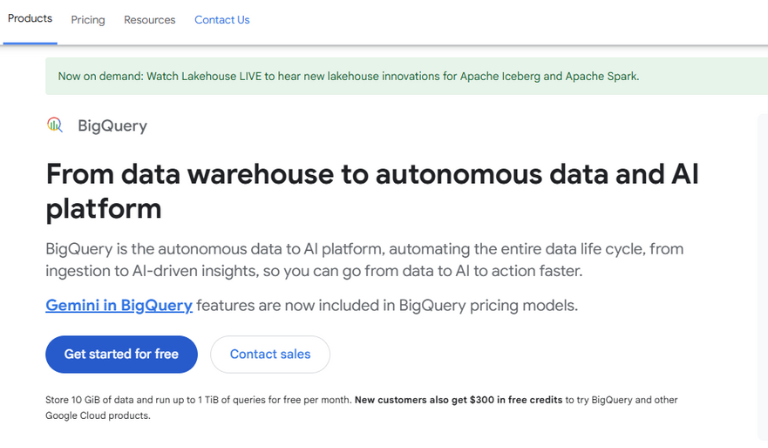
Its integration with Google Workspace, Looker Studio, and Vertex AI makes it a top choice for companies leveraging Google’s cloud ecosystem. With pay-per-query pricing and seamless data ingestion from various sources, BigQuery is especially attractive for businesses in Singapore aiming for cost efficiency and AI readiness.
Key strengths:
- Serverless architecture with no infrastructure to manage
- Real-time analytics and streaming data support
- Tight integration with Google tools (e.g., Sheets, Looker, Vertex AI)
- Pay-as-you-go pricing model based on data processed
- Built-in support for machine learning with BigQuery ML
Best for: Businesses that prioritize real-time analytics, scalability, and integration with the Google Cloud ecosystem.
SAP Datasphere
SAP Datasphere (formerly SAP Data Warehouse Cloud) is an enterprise-grade data warehouse solution designed to unify data across on-premises and cloud environments. Built on the SAP Business Technology Platform (BTP), it allows seamless integration with SAP and non-SAP sources, making it ideal for organizations running SAP ERP, S/4HANA, or SAP Analytics Cloud.
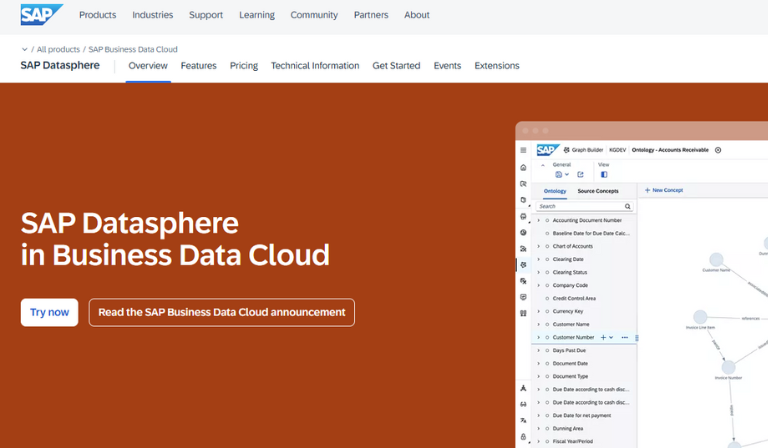
What sets SAP Datasphere apart is its ability to maintain business context and semantic richness, enabling users to access trusted, real-time data for decision-making. It supports collaborative data modeling, governance, and self-service analytics across departments.
Key strengths:
- Deep integration with SAP systems (ERP, BW/4HANA, SAC)
- Real-time data federation without replication
- Semantic layer for consistent business definitions
- Support for multi-cloud and hybrid environments
- Enterprise-grade security and compliance features
Best for: Enterprises heavily invested in the SAP ecosystem that require a unified, governed, and real-time view of their data landscape.
Azure Synapse Analytics
Azure Synapse Analytics is a powerful, integrated analytics platform from Microsoft that combines enterprise data warehousing, big data processing, and data integration into a single unified experience. It enables businesses to query structured and unstructured data using either serverless or provisioned resources, offering flexibility in both performance and cost.
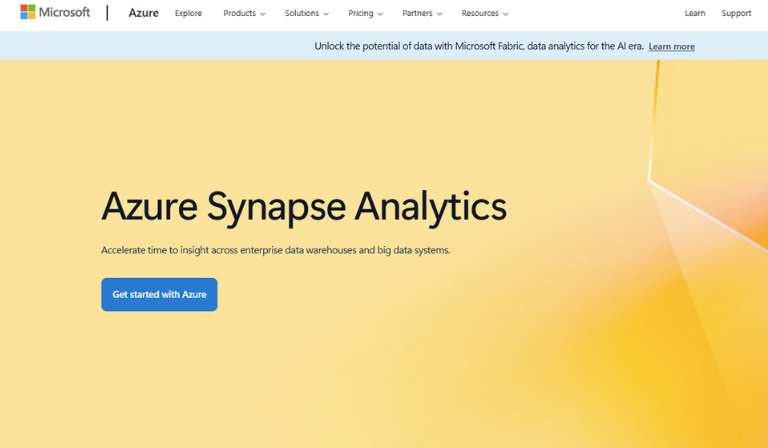
With deep integration into the Microsoft ecosystem—including Power BI, Dynamics 365, and Microsoft Fabric—Azure Synapse is a natural fit for businesses in Singapore already using Microsoft products. Its built-in security, machine learning support, and hybrid deployment options make it suitable for data-intensive enterprise environments.
Key strengths:
- Unified platform for SQL, Spark, and data integration
- Seamless connection to Power BI and Microsoft 365 apps
- Hybrid data support (on-premises + cloud)
- Strong data governance with Azure Purview
- Enterprise-grade security and compliance (ISO, SOC, PDPA)
Best for: Organizations using Microsoft technologies looking for a highly integrated and scalable data warehouse solution with advanced analytics capabilities.
Oracle Autonomous Data Warehouse
Oracle Autonomous Data Warehouse is a fully managed, self-driving cloud data warehouse designed to automate provisioning, configuration, tuning, scaling, and patching—eliminating the need for manual administration. Powered by Oracle Cloud Infrastructure (OCI) and machine learning, it delivers high performance, security, and reliability with minimal operational overhead.
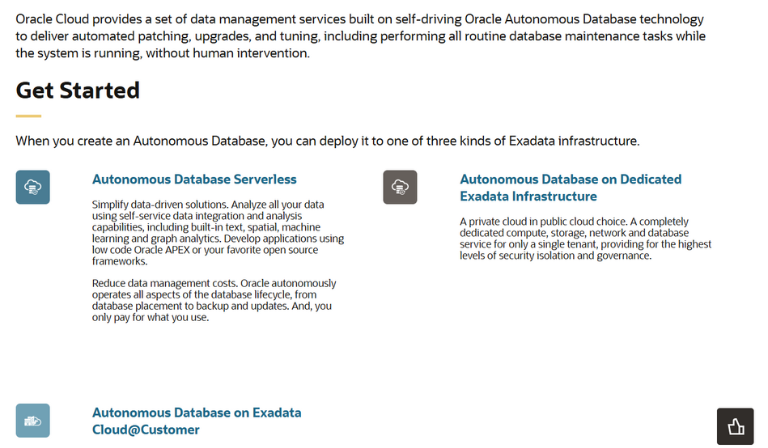
This solution is ideal for organizations requiring robust data governance, advanced analytics, and deep integration with Oracle applications such as Oracle ERP, HCM, and CX. It also includes built-in tools for data visualization, machine learning, and no-code data preparation, enabling faster time-to-insight.
Key strengths:
- Fully autonomous and self-optimizing platform
- Seamless integration with Oracle SaaS and on-prem applications
- Built-in ML models, analytics, and data preparation tools
- Auto-scaling compute and storage
- Comprehensive security and compliance coverage
Best for: Enterprises using Oracle products that want a low-maintenance, high-performance cloud data warehouse with built-in automation and security.
IBM Db2 Warehouse
IBM Db2 Warehouse is a high-performance, cloud-native or on-premises data warehouse designed to support advanced analytics and AI workloads. Built with a columnar storage format and in-memory processing, it delivers fast, scalable query performance, making it ideal for handling large volumes of structured data.
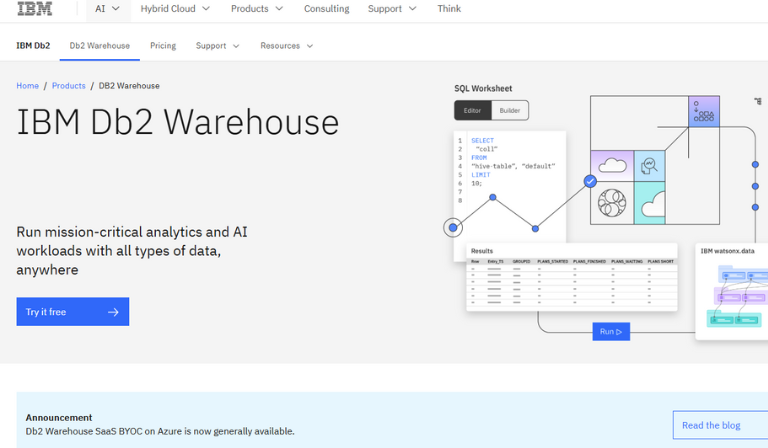
A standout feature of Db2 Warehouse is its data virtualization capability, which allows users to access and analyze data across multiple sources without physically moving it. It also integrates seamlessly with IBM’s Cloud Pak for Data, enabling end-to-end data lifecycle management, from ingestion to AI modeling.
Key strengths:
- Flexible deployment: on cloud, on-premises, or private cloud
- Fast, in-memory columnar processing for analytics at scale
- Built-in support for in-database machine learning
- Data virtualization for real-time access across distributed systems
- Integration with IBM’s AI and data platforms
Best for: Enterprises that require a powerful, flexible data warehouse capable of supporting hybrid environments and AI-driven analytics.
Teradata Vantage
Teradata Vantage is a highly scalable, cloud-based data warehouse and analytics platform designed for complex, enterprise-level data environments. It offers multidimensional scalability, advanced analytics, and multi-cloud deployment, allowing businesses to run massive workloads across AWS, Azure, Google Cloud, or on-prem infrastructure.
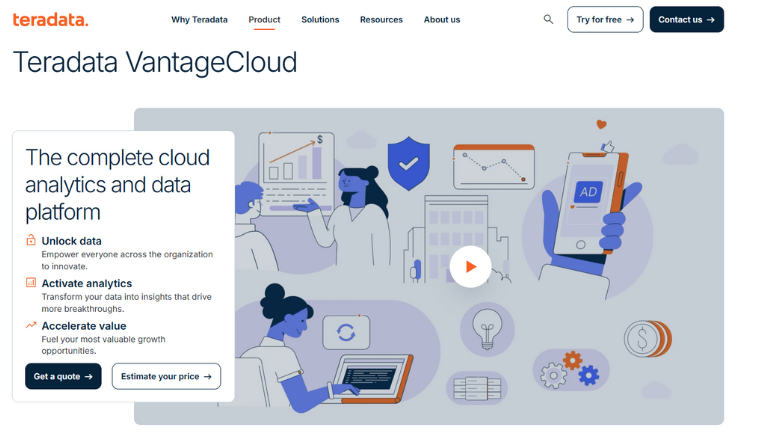
What sets Teradata Vantage apart is its ability to unify data lakes, data warehouses, and analytics into a single platform. With native support for SQL, R, Python, and machine learning tools, it empowers data scientists and analysts to perform sophisticated analytics at scale.
Key strengths:
- Unified platform for data warehousing, data lakes, and analytics
- High concurrency and workload management for large enterprises
- Supports SQL, Python, R, and machine learning frameworks
- Deployment flexibility across public cloud and hybrid environments
- Robust security, governance, and compliance capabilities
Best for: Large enterprises with complex data ecosystems that require scalable, integrated analytics across multiple cloud and on-premises environments.
Databricks Lakehouse
Databricks Lakehouse is a modern data architecture that combines the best of data warehouses and data lakes into a single unified platform. Built on Apache Spark and optimized for AI and big data workloads, the Lakehouse platform enables organizations to process structured and unstructured data at scale while supporting advanced analytics and machine learning.
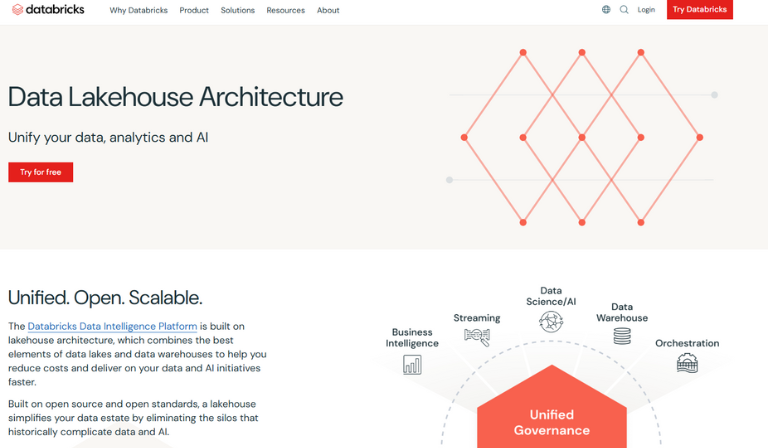
With native support for Delta Lake, real-time streaming, and collaborative notebooks, Databricks empowers teams of data engineers, analysts, and data scientists to work together in a unified environment. It also integrates seamlessly with popular BI tools and major cloud service providers.
Key strengths:
- Unified architecture for data lake + data warehouse (Lakehouse)
- Optimized for big data, AI, and machine learning workflows
- Delta Lake ensures ACID compliance and data reliability
- Collaborative notebooks for multi-role data teams
- Scalable and cloud-agnostic (AWS, Azure, GCP)
Best for: Organizations looking to build modern, AI-ready analytics platforms that unify data engineering, science, and business intelligence.
Actian Avalanche
Actian Avalanche is a high-performance, hybrid cloud data warehouse solution designed for speed, simplicity, and scalability. Built to run on platforms like AWS, Azure, and Google Cloud, it offers real-time analytics, elastic scalability, and cost-effective performance, making it a great choice for both mid-sized companies and large enterprises.
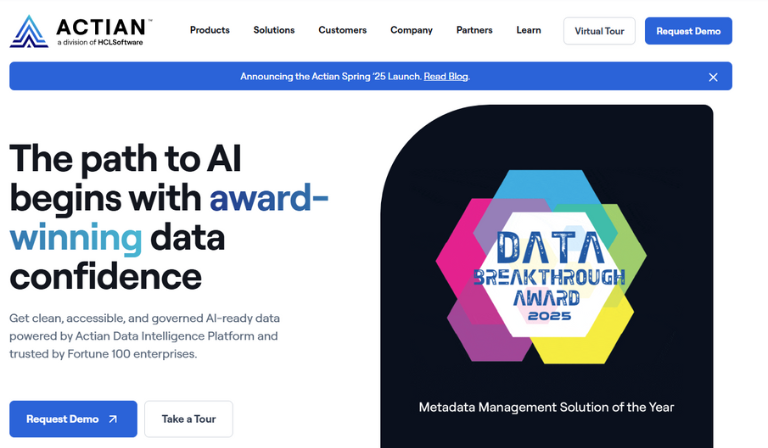
Avalanche is known for its low total cost of ownership, with fast time-to-value through its self-service deployment model and integration with a wide range of BI tools. It also supports ANSI SQL and integrates easily with existing data pipelines, enabling fast analytics without extensive infrastructure investment.
Key strengths:
- High-speed query engine with real-time analytics
- Hybrid deployment options (cloud and on-prem)
- Easy integration with tools like Tableau, Power BI, and Informatica
- Elastic scaling for performance and cost optimization
- Intuitive interface for fast setup and self-service analytics
Best for: Businesses looking for a cost-effective, high-performance data warehouse that’s easy to deploy and scale across hybrid or cloud environments.
How to Choose the Right Data Warehouse Solution
With various data warehouse solutions available, it’s important to align your choice with both current and future business needs. Here are key factors to consider when choosing a data warehouse solution:
- Business Goals and Data Strategy: Begin by defining your objectives. Do you require real-time analytics, predictive modeling, or centralized reporting? Your data warehouse should support your short- and long-term analytics roadmap.
- Data Volume and Scalability: Consider the size of your current datasets and how quickly they grow. Cloud-native solutions like Snowflake or BigQuery offer elastic scalability, while on-premises or hybrid models may better serve regulated industries.
- Integration with Existing Systems: Ensure the warehouse integrates seamlessly with your existing tools and systems, such as ERP, CRM, data lakes, and BI platforms like Power BI or Tableau.
- Deployment Model: Choose a deployment model (cloud, on-premises, or hybrid) that fits your infrastructure and compliance needs.
- Performance and Query Speed: Evaluate how the solution handles complex queries, concurrent users, and real-time data. Technologies like columnar storage and MPP (massively parallel processing) can greatly improve performance.
- Security and Compliance: Look for solutions that support encryption, role-based access, and certifications like ISO 27001, SOC 2, and PDPA—especially if you handle sensitive or regulated data.
- Vendor Support and Ecosystem: A reliable vendor offers strong documentation, onboarding support, and a thriving ecosystem of integrations, community tools, and partner services.
Common Data Warehouse Problems & Solutions
While data warehouse solutions offer powerful tools for business intelligence and analytics, many organizations encounter challenges during implementation or daily operations. Understanding data warehouse problems and solutions can help you build a more robust, scalable, and future-proof data infrastructure.
| Problem | Description | Solution |
|---|---|---|
| Data Silos | Data is spread across multiple systems, making it difficult to create a unified view for reporting or analysis. | Implement a centralized data warehouse with ETL/ELT pipelines to consolidate sources into a single source of truth. |
| Slow Query Performance | Large datasets and inefficient architecture can lead to delayed report generation and analysis. | Use columnar storage, in-memory processing, indexing, and MPP (Massively Parallel Processing) to speed up queries. |
| High Storage & Compute Costs | Without proper optimization, cloud usage can become costly over time. | Choose a cloud solution with auto-scaling, tiered storage, and pay-as-you-go pricing. Optimize queries and data partitioning. |
| Security & Compliance Risks | Sensitive data may be exposed or mismanaged, risking regulatory violations. | Use role-based access controls, encryption, audit logs, and ensure the platform is certified (e.g., ISO 27001, SOC 2, PDPA). |
| Integration Complexity | Connecting legacy systems and diverse data formats can delay implementation. | Use data warehouse platforms with broad integration support (APIs, connectors) and leverage experienced partners for setup. |
| Lack of Real-Time Data Access | Businesses may miss opportunities without timely insights. | Choose solutions with streaming data support or real-time ETL pipelines (e.g., Snowflake, BigQuery, Redshift). |
Why Choose Kaopiz for Data Warehouse Implementation
At Kaopiz, we understand that implementing a data warehouse is not just about technology—it’s about aligning data infrastructure with your business goals, workflows, and long-term growth strategy.
With over a decade of experience in custom software development and cloud services, we offer end-to-end data warehouse implementation services tailored for businesses across industries—from SMEs to large enterprises in Singapore and beyond.
Here’s why clients choose Kaopiz:
- Deep Expertise Across Cloud Platforms: We build and manage data warehouse solutions on AWS, Azure, and Google Cloud—helping you choose the right platform and architecture for your needs.
- Tailored Architecture & Scalable Design: Whether you need a cost-effective solution for SMEs or an enterprise-grade system with hybrid deployment, we design scalable, secure, and performance-optimized data infrastructures that grow with your business.
- End-to-End Services: From data migration and system integration to BI dashboard development, real-time ETL pipelines, and ongoing maintenance, our teams support you throughout the entire data lifecycle.
- Proven Delivery & Industry Experience: We’ve delivered 500+ projects across retail, logistics, education, healthcare, and finance, combining technical excellence with industry-specific knowledge to ensure fast, reliable implementation.
- Local Support with Global Quality: With dedicated teams in Vietnam and Japan and a growing presence in Singapore, Kaopiz combines cost-efficiency with responsive, client-first service tailored to regional needs and compliance requirements.
Whether you’re starting from scratch, migrating from legacy systems, or optimizing your existing data warehouse, Kaopiz is one of the trusted data warehouse solution providers for a future-ready data strategy.
Conclusion
To sum up, the right data warehouse solution can transform how your organization makes decisions, scales operations, and innovates. Whether you’re a growing SME or a large enterprise in Singapore, investing in a scalable, secure, and analytics-ready data warehouse is key to staying competitive.
Need help choosing or implementing the best-fit solution? Kaopiz is here to support you every step of the way.
FAQs
- When are data warehouse solutions necessary?
- Data warehouse solutions are essential when your organization handles data from multiple sources and needs to consolidate, analyze, and visualize that data to support strategic decision-making, reporting, or AI/ML initiatives.
- How long does it take to implement a data warehouse?
- Implementation time varies based on complexity, data volume, and integration needs. A basic setup may take 4–8 weeks, while enterprise-level projects with custom architecture and multiple data sources can take several months.
- Can Kaopiz help with data migration and integration?
- Yes. Kaopiz provides end-to-end data warehouse services, including data migration from legacy systems, integration with CRMs, ERPs, and third-party tools, as well as dashboard development and ongoing maintenance.
One Reply to “Top 10 Data Warehouse Solutions for Singapore Businesses in 2025”
Leave a Comment
Trending Post
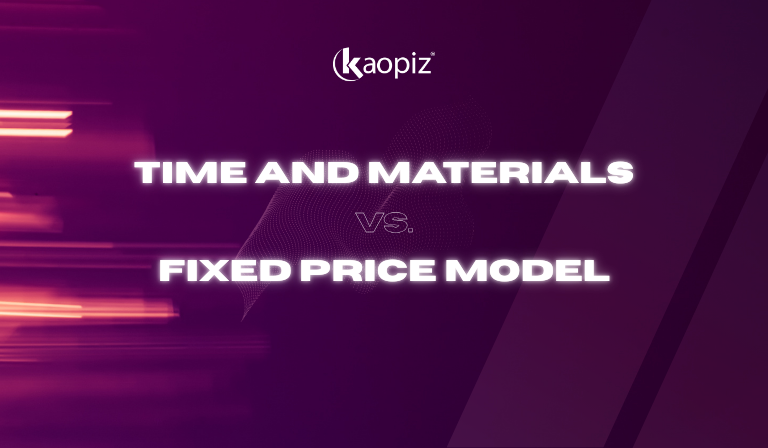
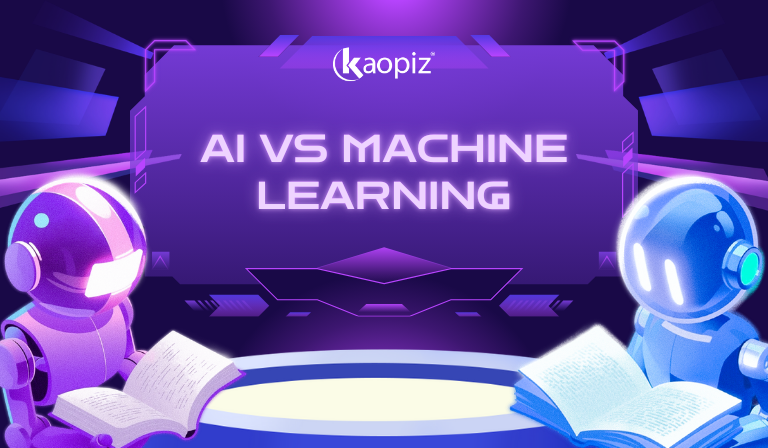
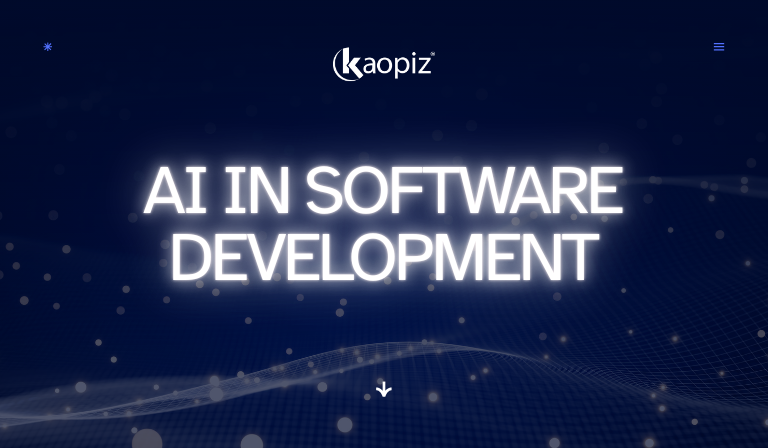


















Pingback:Website Databases: Types & 10 Picks for Singapore Businesses